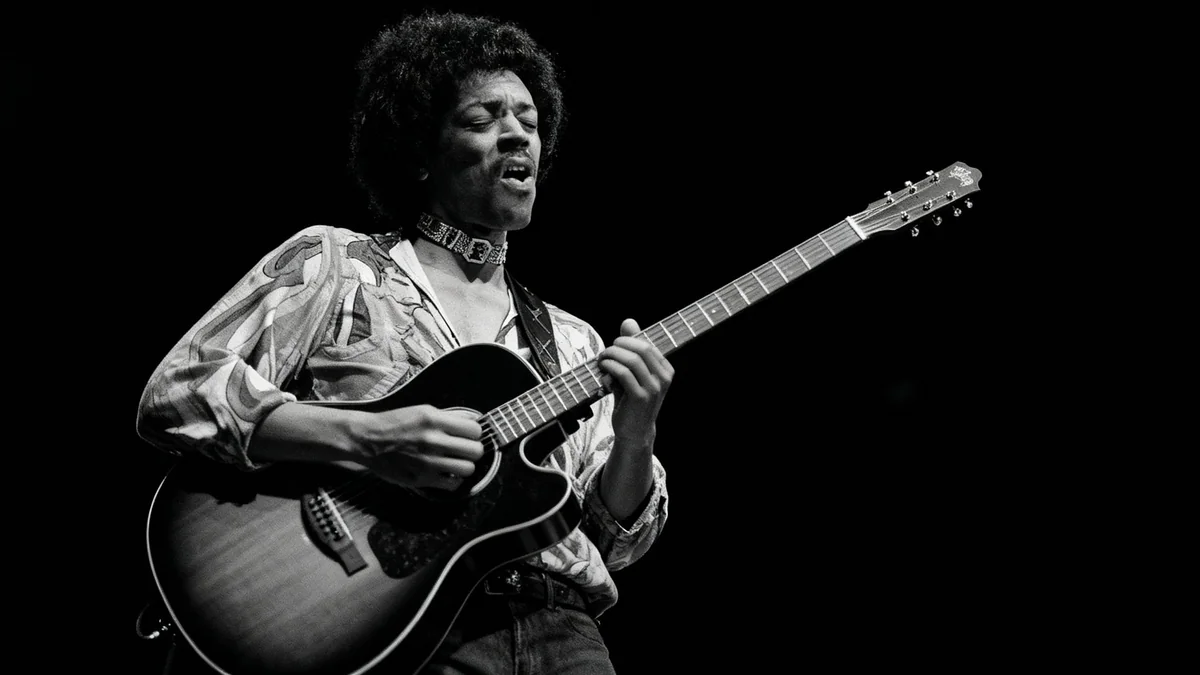National Public Radio (NPR) is preparing to implement budget reductions exceeding $5 million in the upcoming fiscal year. This decision comes as the organization navigates financial uncertainties. These uncertainties are largely due to the cessation of federal funding for public media and increased financial pressure on its member stations.
Despite these cuts, NPR does not anticipate layoffs or significant changes to its programming schedule. The network's fiscal year begins on October 1, aligning with the federal government's calendar.
Key Takeaways
- NPR plans to trim over $5 million from its budget.
- No layoffs or major program changes are expected.
- Federal funding for public media ended in July.
- NPR offers $8 million in relief to struggling member stations.
- Listener donations have increased, helping offset some losses.
NPR's Financial Adjustments and Member Station Support
NPR CEO Katherine Maher informed the board of directors that the network's $300 million annual budget would be balanced. This announcement was made during an open session on Friday. The organization is facing a complex financial environment.
Listener contributions have shown a significant increase at NPR and many of its member stations. This surge in support is helping to mitigate the immediate impact of funding cuts. However, officials privately express concerns about the long-term stability of these contributions and the overall financial health of the public radio system.
Fact Check
- Budget Trims: NPR plans to cut more than $5 million.
- Revenue Source: Programming fees from member stations account for approximately one-third of NPR's revenue.
- Station Relief: NPR is offering $8 million in aid to stations facing severe financial strain.
Relief for Local Stations
Ms. Maher has committed $8 million in relief to member stations most affected by the costs of carrying NPR's programs. This relief is intended to support stations facing financial difficulties. According to testimony from a top NPR official in a lawsuit against the Trump administration, NPR had anticipated and already begun providing this level of relief.
Some local NPR station officials have confirmed that their applications for this relief have been processed promptly. However, many stations argue that more assistance from the network will be necessary to navigate the current financial landscape.
"The fee relief plan NPR has proposed is not sufficient to keep many NPR programs on the air in much of Florida." – Florida association of NPR and PBS stations
Impact of Federal Funding Cuts on Public Media
The decision by the Republican-led Congress in July to defund public media has had immediate consequences. A tracker managed by a public radio consultant indicates 332 layoffs across public media since July 18. This action followed President Trump's urging to cease federal support.
In addition to federal cuts, several states have also reduced their funding for public media. Florida, for example, eliminated nearly $6 million in state funding for NPR and PBS stations in June.
Station Responses and Challenges
An association representing two dozen NPR and PBS stations in Florida wrote to Ms. Maher and the NPR board. They requested greater relief and increased transparency regarding NPR's fundraising efforts. Their letter highlighted the immediate impact of funding cuts.
The association's members stated, "We understand NPR plans to revisit the fee model for [fiscal year 2027], but none of us can wait that long. The state and federal funding cuts are already impacting us, and we are making decisions now about our ... budgets and program schedules." This underscores the urgency of the situation for local broadcasters.
Background
The Corporation for Public Broadcasting (CPB), established by Congress over 50 years ago, was responsible for distributing federal funds to public television and radio stations. Its operations are set to effectively cease on September 30, with a minimal staff remaining to finalize its closure.
NPR's Strategies for New Revenue and Collaborations
NPR has been actively pursuing new revenue streams and fostering collaborative reporting initiatives. These efforts aim to strengthen the public media system and adapt to the changing financial environment.
The network has invested in projects that allow stations to coordinate their reporting efforts. It has also focused on raising money in ways that share donations locally, ensuring community support directly benefits local broadcasters.
- New Revenue Initiatives: NPR Music has added an experimental "donate now" button to its popular Tiny Desk Concerts.
- Leadership Appointment: Sonali Mehta, who began her career at YouTube, was recently named NPR Music's executive director.
Local Station Innovations
WNIN Tri-State Public Media, an NPR and PBS affiliate in Evansville, Indiana, faced a loss of state funding from the Indiana legislature in April. This occurred even before the federal cuts were announced. The station saw a rapid response from donors.
Between April and August, listener contributions doubled compared to the same period last year. While this generosity did not fully cover the station's $1.5 million combined loss from federal and state sources, it prevented WNIN from needing to access its emergency funds.
Despite increased donations, WNIN President and CEO Tim Black announced the elimination of five positions, approximately one-fifth of the station's workforce. Mr. Black praised NPR and PBS for "generous" reductions in programming fees. Other syndicators, including those behind "This American Life" and "Hidden Brain," offered to waive costs for the upcoming year.
"We were never going to get away from our core PBS and NPR shows. The fee reductions helped to cement that decision." – Tim Black, WNIN President and CEO
Network Affiliation Changes and Future Outlook
The public radio network currently comprises 244 member stations. This number is slightly down from last year, with stations in Alabama, Oregon, and Florida ending their affiliation with NPR. Conversely, a station in Baltimore has joined the network.
Ms. Maher and external consultants estimate that as many as 70 to 80 stations could potentially close. This highlights the severe challenges facing local public broadcasters.
Evolving Business Models
Outgoing NPR board Chairperson Jennifer Ferro emphasized the need for a new approach. She noted that public media enjoys deep trust from its audience, even as trust in other major institutions declines.
"This is going to require us to work differently, to trade in an old business model for new collaborations, shared services, and a new way for us to do what we're here to do — which is to serve our communities." – Jennifer Ferro, Outgoing NPR board Chairperson
Ms. Ferro also expressed strong support for Ms. Maher's leadership. She stated, "She believes in the power of our system, and she knows that for NPR to succeed, stations must succeed."
Station Disaffiliations
WLRH, the NPR member station in Huntsville, Alabama, announced its decision to cease broadcasting NPR shows on October 1. The station, which primarily features classical music, plans to increase its focus on local programming. This shift aims to better reflect its community's needs.
WLRH stated, "The WLRH audience will hear more local news, arts, culture, classical music and music of all genres, and original storytelling." Stations in coastal Oregon and Panama City, Florida, are also ending their affiliations with NPR.
However, the trend is not entirely one-sided. NPR's executive overseeing station relations reported that WBJC, a classical station in Baltimore owned by a community college, would be affiliating with NPR.
Important Figures
- NPR's Direct Federal Funding: Typically 1% to 2% of its budget.
- PBS's Federal Funding: Around 15% of revenues from federal sources.
- CPB Grant for NPR: $1.96 million for a new fairness initiative, of which $550,000 has been paid.
University Station Closure
Penn State University's board of directors decided to close its public radio station, WPSU, by the end of next June. This decision followed the finance committee's refusal to transfer the station to WHYY in Philadelphia. The proposed transfer included a plan for WHYY to receive $17 million over five years to cover absorption costs. Trustees cited the loss of federal funding as a key factor in their decision to shut down WPSU.
The End of CPB and Federal Funding for Public Media
The Corporation for Public Broadcasting (CPB), which Congress established to distribute federal money to public television and radio stations, is effectively ceasing operations on September 30. A small staff will remain for a few months to manage the shutdown process.
Historically, PBS and local PBS stations received about 15% of their revenues from federal sources. PBS has also lost funding for educational projects for children from the U.S. Education Department, in addition to its CPB funding. Earlier this month, PBS officials announced a 15% reduction in its workforce.
NPR received a smaller portion of its budget directly from the federal government, typically between 1% and 2% annually. Last year, CPB committed a $1.96 million grant to NPR for a new initiative focused on ensuring fairness in coverage and bolstering public trust. This initiative was designed to address accusations of ideological bias, which had fueled public outcry and calls from congressional Republicans to end taxpayer funding for the network.
According to CPB, only $550,000 — slightly more than a quarter of the promised amount — has been paid so far. CPB states it is working to fulfill payments for the editorial review and other contractual obligations. The initiative includes a new editorial review desk where senior editors scrutinize nearly all NPR news coverage before it is broadcast, streamed, or posted. NPR hopes to receive the remaining funds during CPB's final operational days but remains uncertain about the outcome.




